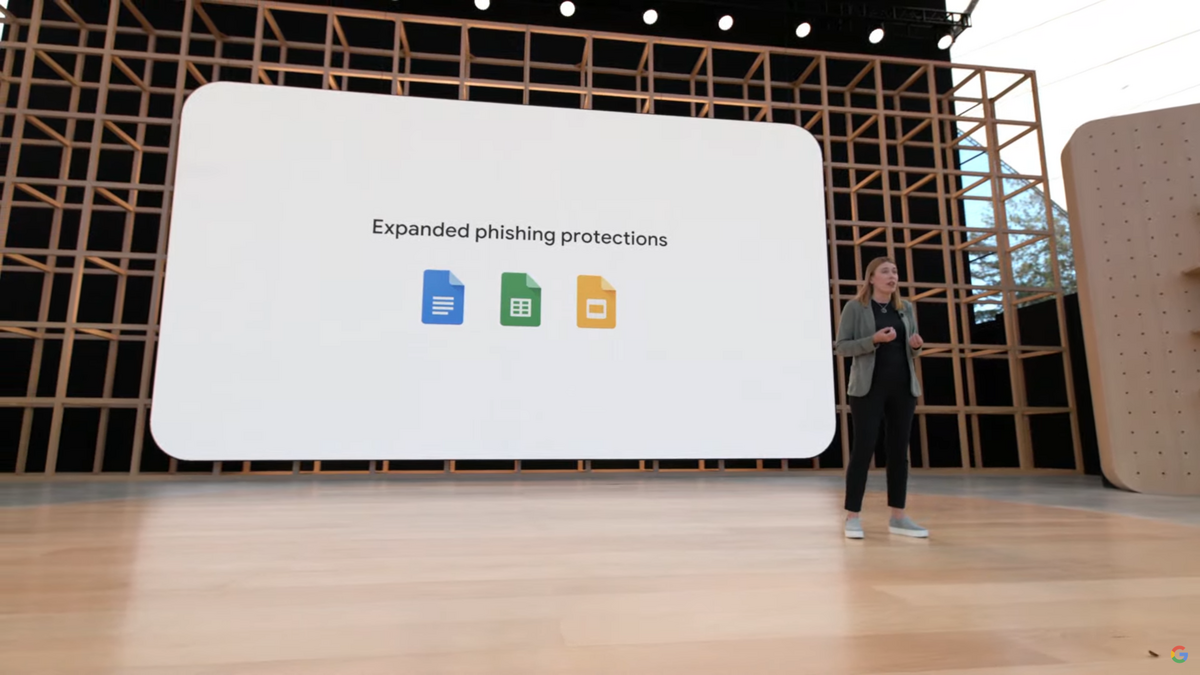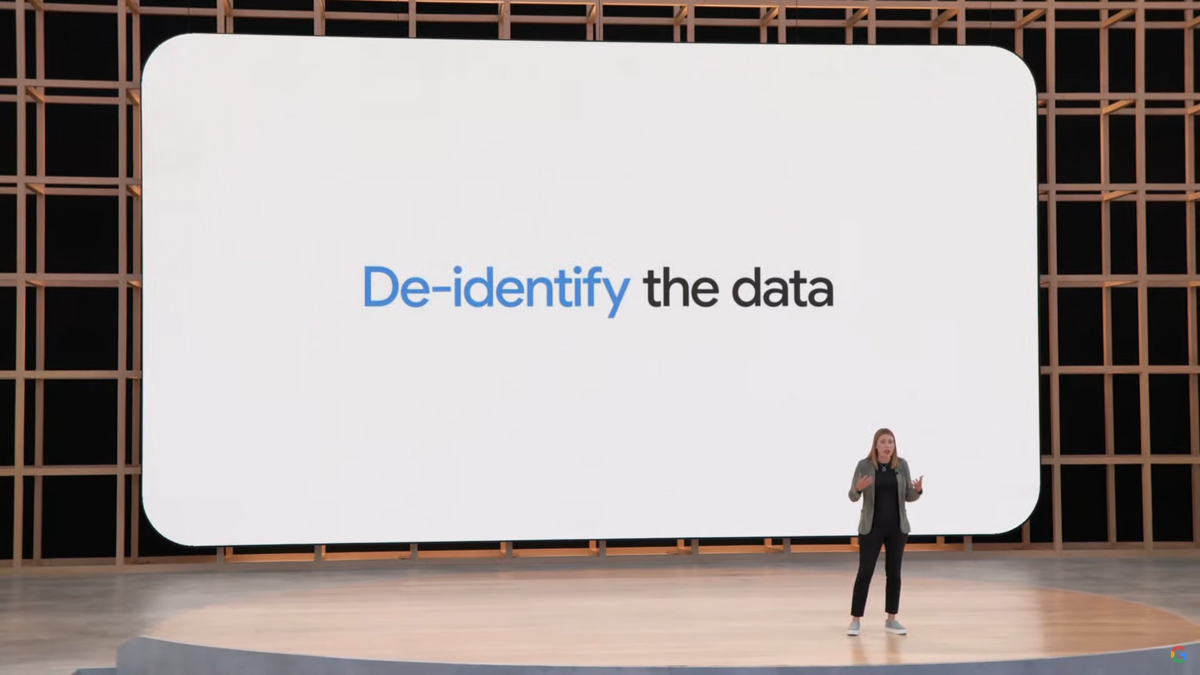The conference Google I/O was an opportunity for the web giant to detail in the menu its various initiatives to secure the data shared by its users through its various services.
Google lives off our personal data, but for several years now the search giant has seemed more concerned with protecting the valuable information collected from its billions of users.
More relevant ads and a tool to remove personal information from the search engine
After assuring that Google “does not sell the personal information stored in GmailGoogle Drive or Google Maps“, the company, through one of its vice-presidents, announced the upcoming launch of “My Ad Center”.
This new menu will allow everyone to check the advertising information held by Google and to fine-tune the ads displayed according to their affinity with brands or categories of products and services.
Google will also offer its users to control the personal information that is displayed during a search on their name. They can ask the search engine to remove links to their phone number or home address.
These features will appear in the coming months, without further details.
Greater security thanks to AI and new tools
Google also gave an update on its advances in security. The company recalled that Gmail automatically blocks 15 billion spam messages per day and Google Play Protect analyzes 125 million applications daily to detect traces of possible malware.
Google Docs will soon integrate these same tools with automatic detection of suspicious links in documents shared online.

Google is also aiming for a “passwordless world” and relies on double authentication via a connection on his smartphone to another application developed by him. Google is also part of an alliance with Microsoft and Apple to push these devices further and put an end to the good old code .
The Chrome and Android browser will finally offer virtual bank cards. Associated with a unique and temporary identifier, they should thus prevent card piracy during online purchases. This feature will be launched in the summer of 2022 in the United States before, we hope, a gradual deployment on the other continents.

Finally, Google discussed its new approach to data processing, which separates a person’s real identity from their personal information and then fully encrypts it so that even the search engine can no longer access it. The company explains that it simply no longer needs as much data to accomplish its tasks and feed its machine learning models for its future projects.
Source : Google

3